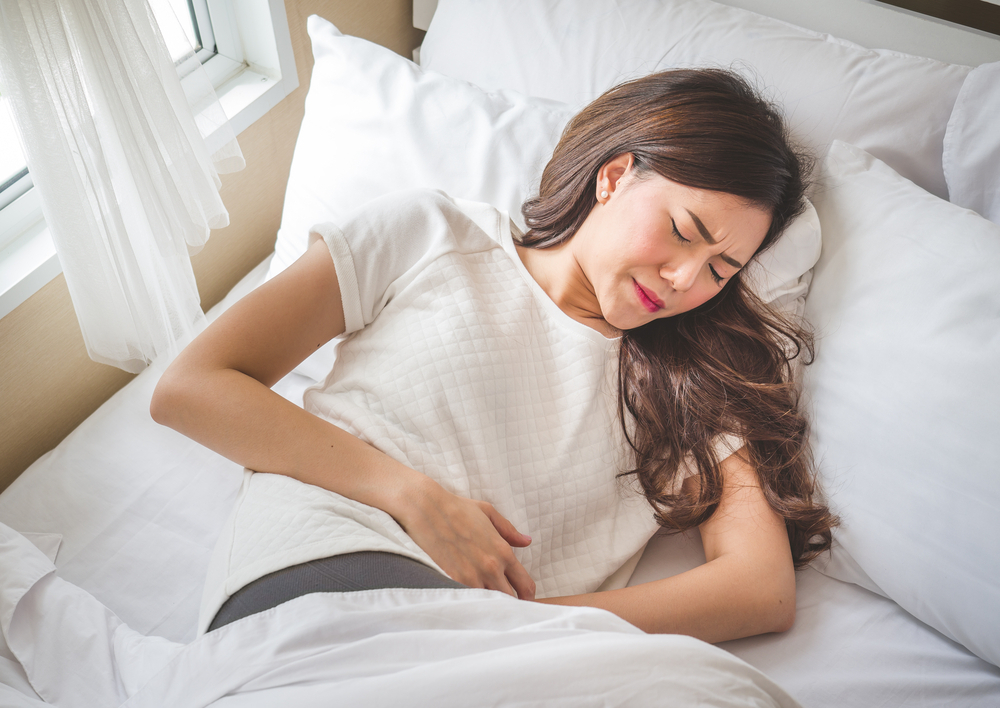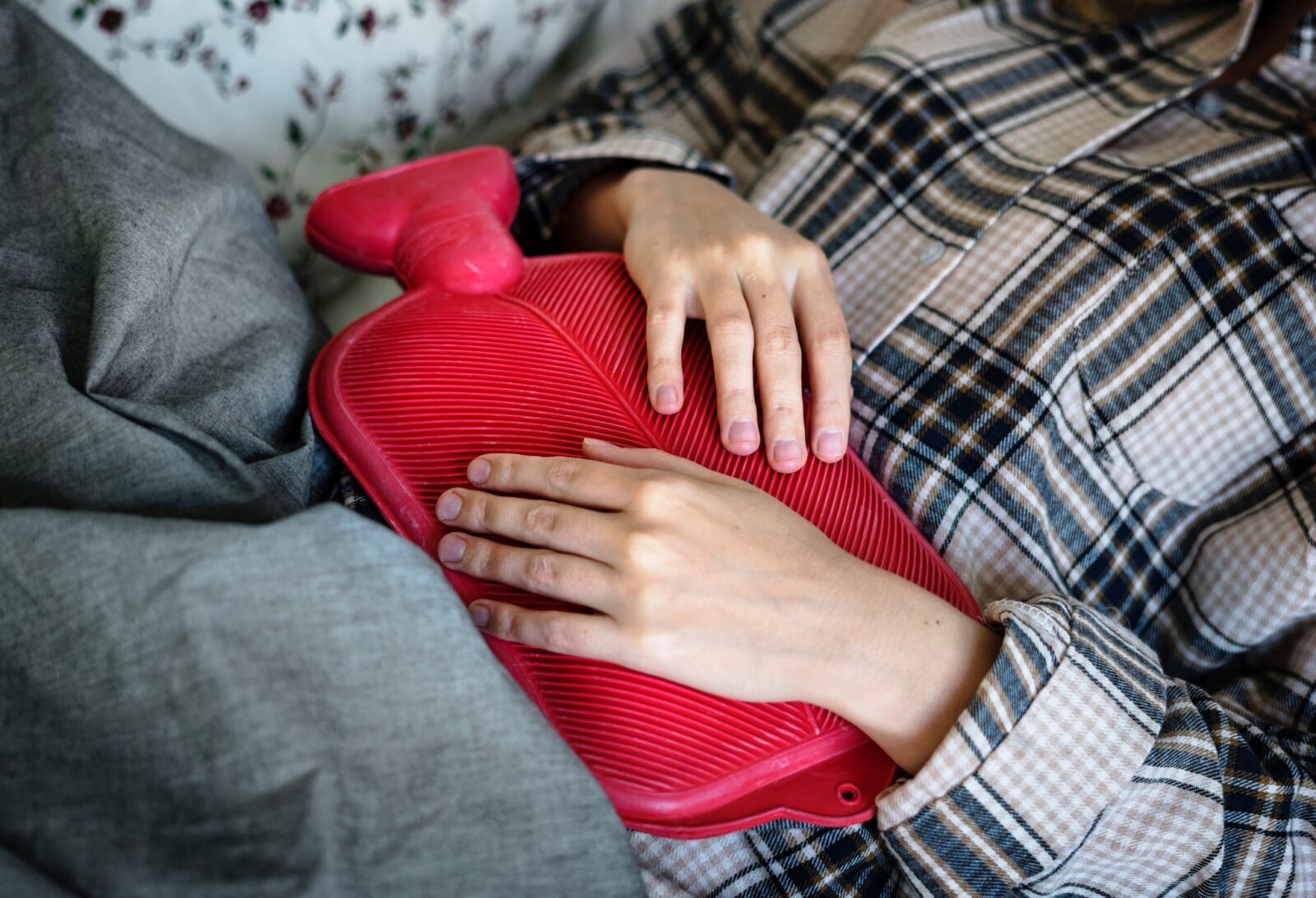New evidence shows that Covid-19 may affect your period as if other issues, such as respiratory symptoms, weren’t enough. Researchers discussed that the virus could also impact other parts of our body. Neurological, digestive, and cardiovascular issues can occur. Remember to discuss with a doctor any changes or worrying symptoms that you may experience.
Here is what you need to know about Covid and how it can affect your menstrual cycle.
How Can Covid-19 Influence Your Period?
During the pandemic, various anecdotal reports emerged, highlighting the fact that Covid-19 may affect the menstrual cycle. The changes included irregular periods, lighter or even heavier periods.
As worrying as it might sound, there’s still little research on the effect of Covid-19 on periods. People can experience different symptoms or moods all the time. Back in 2020, for example, researchers discovered that the lining of the uterus is likely safe from direct infection by Covid-19. And the finding came to an explanation, too.
Apparently, there are some lower levels of ACE2 (the receptor that the new virus binds to) throughout a period.
However, for further evidence, a 2021 study offers us essential data from 177 menstruating people.

Periods vs Covid-19
The study found some changes in menstrual flow in 45 out of 177 people, in which out of those 45, 36 had a lighter period. But, 9 people experienced kind of a heavier period.
Those with severe Covid-19 were more prone to experience a period longer than 37 days, which could be truly awful. Also, compared with people with mild illness, 34 % of persons with severe illness experienced longer menstrual cycles.
Regular cycle length and Covid-19 length
The study also compared people’s normal menstrual cycle length to the cycle length during Covid-19 and discovered that 50 out of 177 people suffered variations in their menstrual cycles. Some had shorter lengths, while most a longer-than-normal length.
Moreover, the menstrual cycle length wasn’t the only thing measured. The levels of sex hormones, including progesterone, estrogen, and follicle-stimulating hormone, have also been compared. Fortunately, no difference has been found.

How Can the Covid-19 Vaccine Influence Your Period?
The Covid-19 vaccine has also been linked to various changes in periods. One thing that you should know is that recent research hasn’t directly associated the fluctuations to the vaccination.
There are, of course, anecdotal reports that indicate irregular periods or heavier periods right after vaccination. But researchers stated that the effects were temporary. Most people return to a normal period after a few weeks.
Here’s what the latest letter to the BMJ states:
- approximately 958 cases of period changes have been reported since the beginning of April 2021;
- the changes include: bleeding between periods, vaginal bleeding after menopause, heavy periods;
- the issues were more common with the AstraZeneca vaccine (not authorized in the US) than with the Pfizer-BioNTech vaccine.
Again, there hasn’t been any research conducted yet to directly link variations in menstruation with the vaccine. You should know that many other factors can influence more or less the menstruation cycle.























Leave a Reply